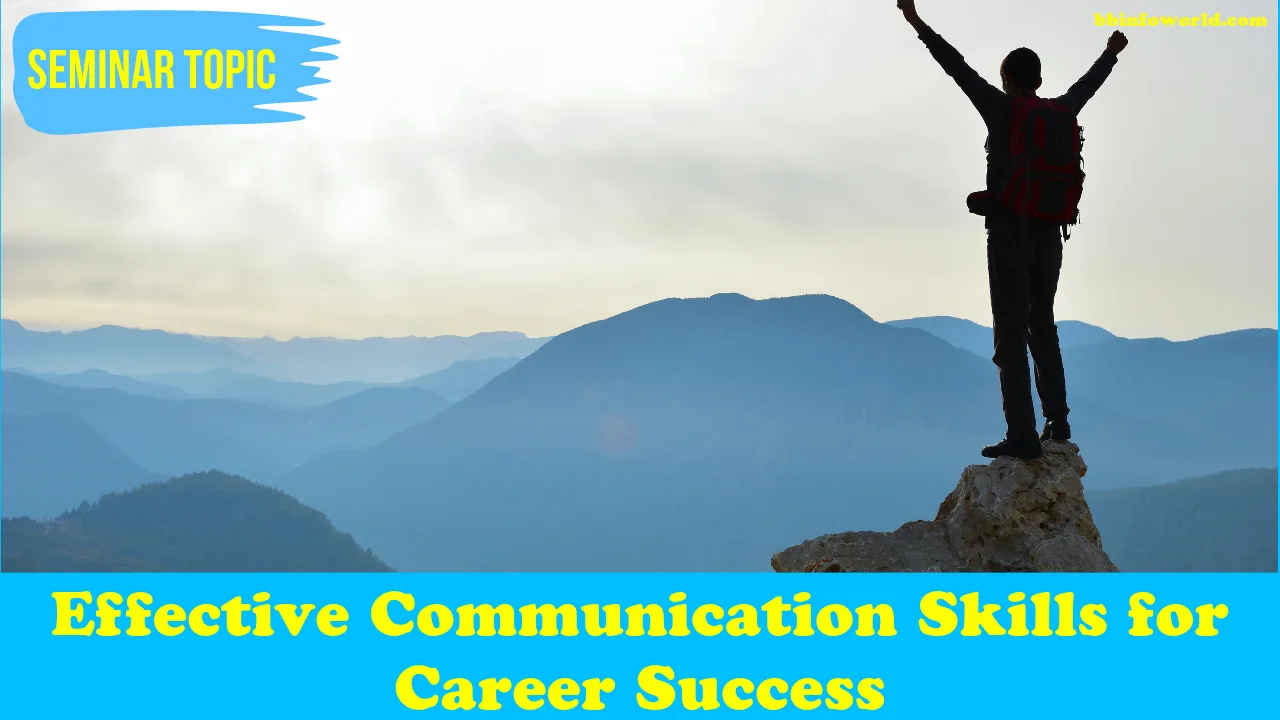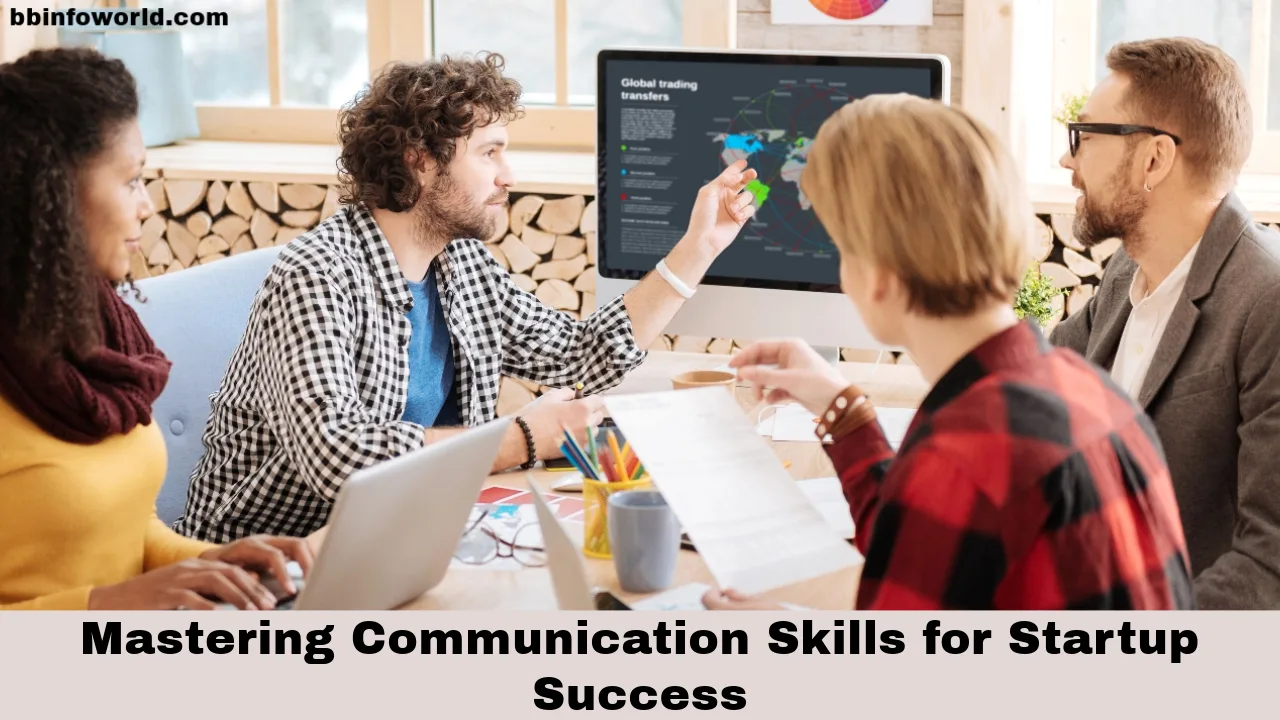
Effective Communication Skills for Career Success
Explore strategies to enhance verbal and written communication skills, including public speaking, interpersonal communication, and effective presentation techniques.
Effective Communication Skills for Career Success:
Effective communication skills are essential for achieving career success and personal growth. This seminar aims to equip participants with strategies to enhance their verbal and written communication abilities, including public speaking, interpersonal communication, and effective presentation techniques.
Verbal Communication:
- Public Speaking: Develop confidence and clarity when speaking in front of an audience. Learn techniques to engage, captivate, and convey information effectively.
- Active Listening: Understand the importance of active listening in effective communication. Learn to listen attentively, ask relevant questions, and provide thoughtful responses.
- Clear Articulation: Practice enunciating words clearly, using appropriate tone and modulation to convey meaning accurately.
- Non-Verbal Communication: Explore the significance of body language, facial expressions, and gestures in enhancing your verbal messages.
Written Communication:
- Business Correspondence: Master the art of writing professional emails, reports, and memos. Understand the importance of clarity, conciseness, and proper formatting.
- Effective Writing Styles: Learn to adapt your writing style based on the audience and purpose of the communication. Develop persuasive writing techniques for various contexts.
- Grammar and Language Usage: Brush up on grammar rules, punctuation, and vocabulary to ensure error-free and impactful written communication.
Interpersonal Communication:
- Building Rapport: Understand how to establish rapport and build positive relationships with colleagues, clients, and superiors through effective interpersonal communication.
- Conflict Resolution: Learn strategies to navigate conflicts and disagreements professionally, focusing on active listening, empathy, and finding mutually beneficial solutions.
- Empathy and Emotional Intelligence: Develop empathy and emotional intelligence to understand others’ perspectives and communicate in a sensitive and respectful manner.
Effective Presentation Techniques:
- Structuring Presentations: Learn how to structure presentations for clarity and impact, including introduction, main points, visuals, and conclusion.
- Visual Aids: Understand how to create and use visual aids such as slides, charts, and graphs to enhance your presentations.
- Engaging the Audience: Explore techniques to engage and maintain the audience’s interest, such as storytelling, rhetorical questions, and interactive elements.
- Overcoming Nervousness: Address public speaking anxiety through relaxation techniques, practice, and positive visualization.
Practical Exercises and Activities:
The seminar may include practical exercises and activities, such as role-playing, group discussions, mock presentations, and feedback sessions. Participants can apply the techniques learned in real-life scenarios to build confidence and proficiency.
Benefits:
Effective communication skills lead to improved teamwork, enhanced professional relationships, and increased influence. They are critical for job interviews, career advancement, client interactions, and leadership roles.
Conclusion:
Mastering effective communication skills is a lifelong endeavor that positively impacts career growth and personal development. This seminar empowers participants to convey ideas persuasively, collaborate successfully, and excel in various professional settings.



